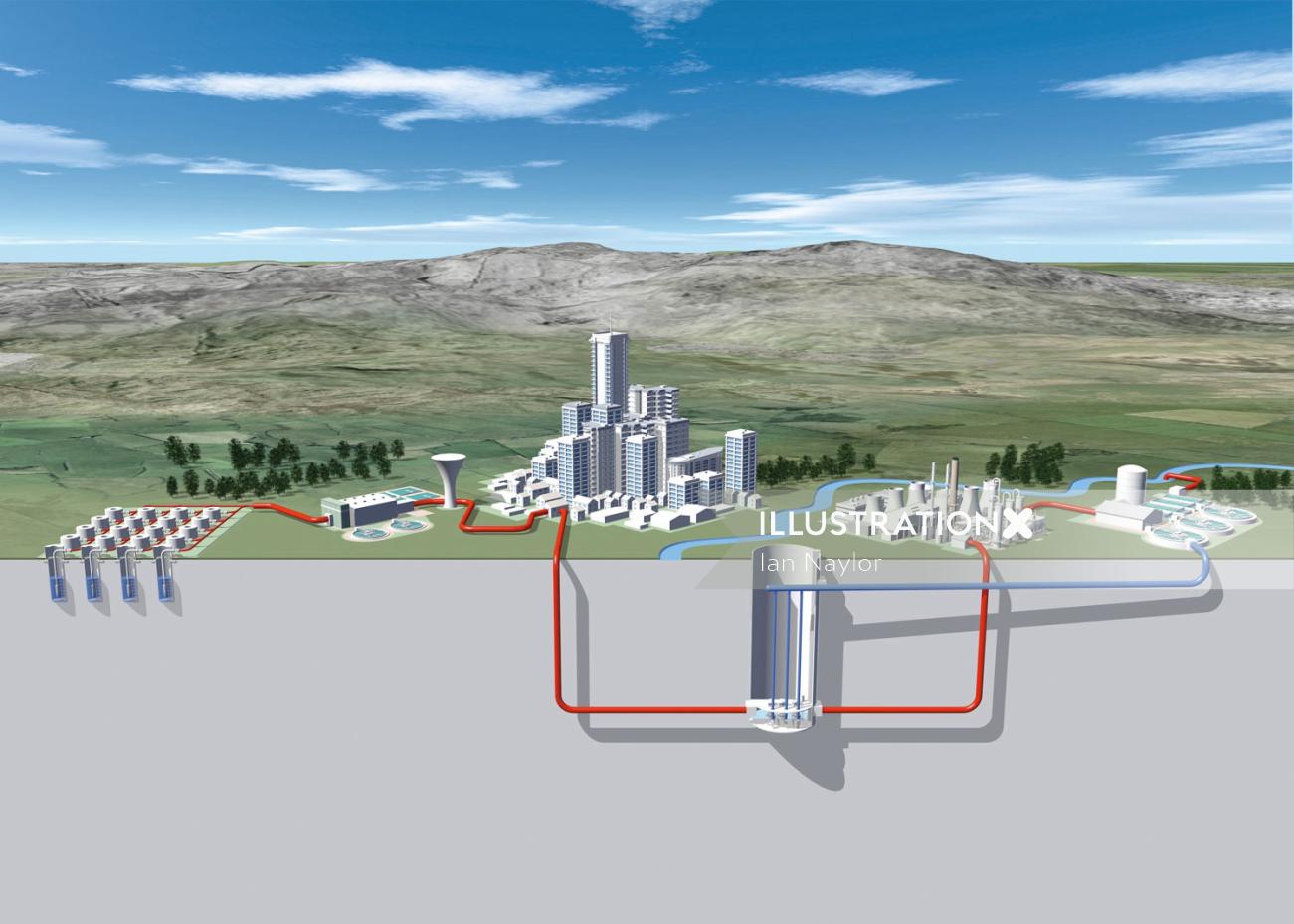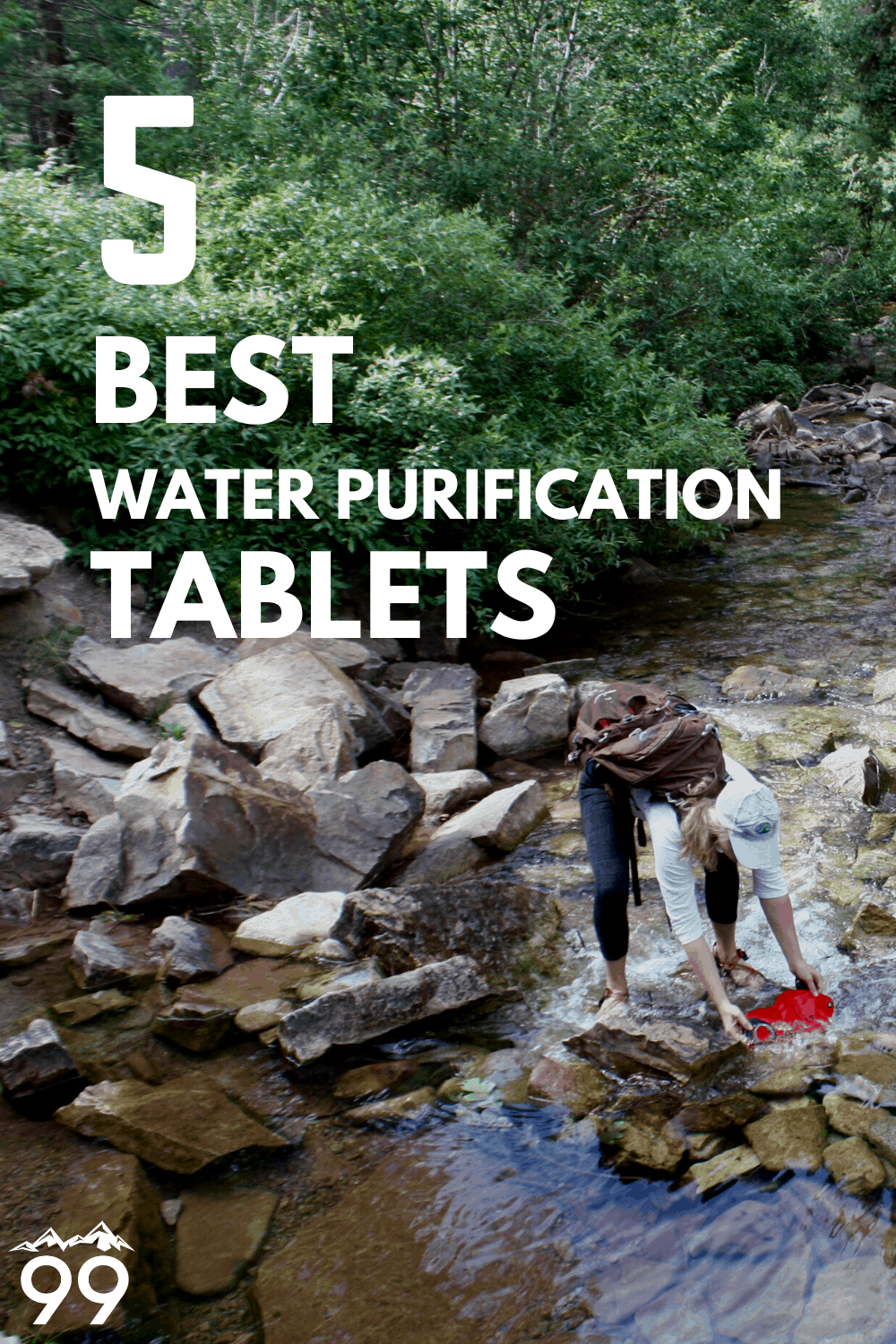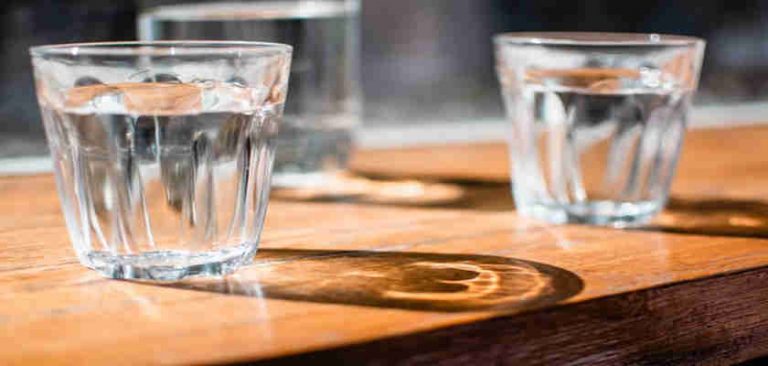How Does City Water Work

City water is a vital resource that is essential for our everyday lives. It is used for drinking, cooking, bathing, and cleaning. But how does city water work?

The Water Cycle

The water cycle is a continuous process that moves water around the Earth. It starts with the sun, which heats up water in the oceans, lakes, and rivers. This water evaporates into the atmosphere, where it forms clouds. When the clouds become heavy, the water falls back to the Earth as rain or snow.
Some of the rain and snow that falls on land soaks into the ground. This water is called groundwater. Groundwater can be stored in aquifers, which are underground layers of rock or soil that hold water.
Other rain and snow that falls on land runs off into streams and rivers. This water is called surface water. Surface water eventually flows into the ocean, where the cycle begins again.
How City Water Is Collected and Treated
City water is usually collected from surface water sources, such as rivers, lakes, and reservoirs. The water is then treated to remove impurities and make it safe to drink.
The treatment process typically includes the following steps:
- Filtration: The water is passed through a filter to remove solids, such as dirt and debris.
- Disinfection: The water is treated with a disinfectant, such as chlorine or chloramine, to kill bacteria and other microorganisms.
- Fluoridation: Fluoride is added to the water to help prevent tooth decay.
How City Water Is Distributed
Once the water has been treated, it is distributed to homes and businesses through a network of pipes. The pipes are made of a variety of materials, including metal, plastic, and concrete.
The water pressure in the pipes is maintained by pumps. The pumps ensure that the water flows to all parts of the city, even to the highest buildings.
How to Conserve City Water
City water is a precious resource, and it is important to conserve it whenever possible. There are many ways to conserve water, including:
- Fixing leaky faucets and pipes: A single leaky faucet can waste up to 20 gallons of water per day.
- Taking shorter showers: A five-minute shower uses about 25 gallons of water.
- Watering the lawn less often: Grass only needs to be watered once or twice a week.
- Washing clothes in full loads: A full load of laundry uses about 40 gallons of water.
- Using a dishwasher instead of hand-washing dishes: A dishwasher uses about 6 gallons of water per load, while hand-washing dishes can use up to 20 gallons.
By following these tips, you can help to conserve city water and protect this vital resource.










